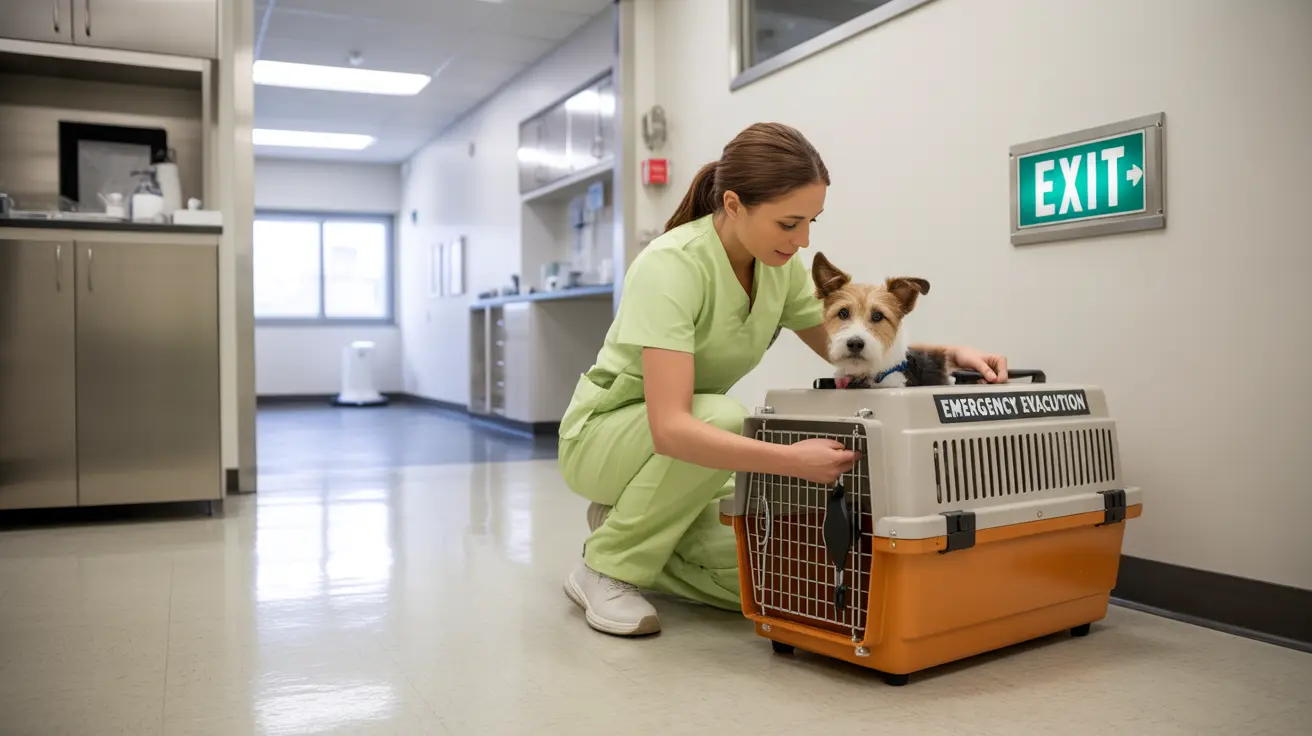What to Give Your Dog to Help Him Poop: A Complete Guide
If your dog is having trouble pooping, it can be distressing for both you and your pet. Constipation in dogs is not uncommon, but it's important to address it promptly to ensure your dog's comfort and overall health. This article will walk you through common causes of constipation and effective remedies you can safely give your dog to help him poop.
Understanding Dog Constipation
Constipation in dogs occurs when they have infrequent, difficult, or absent bowel movements. Some tell-tale signs include:
- Straining during defecation
- Hard, dry stools
- Loss of appetite
- Lethargy or discomfort
- Whining or signs of pain while trying to poop
This condition can be caused by a variety of factors, including dehydration, dietary issues, lack of exercise, or underlying medical conditions.
Home Remedies to Help Your Dog Poop
Before rushing to the vet, there are several safe and effective remedies you can try at home to help regulate your dog’s bowel movements.
1. Canned Pumpkin
One of the most recommended remedies for constipation in dogs is
plain canned pumpkin. Rich in fiber and moisture, it helps soften stools and make them easier to pass.
- Give 1–2 tablespoons to small dogs.
- Give 2–5 tablespoons to large dogs.
- Ensure it's plain pumpkin, not pie filling with added sugars or spices.
2. Increased Hydration
Dehydration is a leading cause of constipation. Make sure your dog has access to fresh, clean water at all times. You can also:
- Add water or low-sodium broth to your dog’s food.
- Consider a pet water fountain to encourage drinking.
- Offer ice cubes as a playful hydration booster.
3. Dietary Fiber Supplements
Adding fiber can stimulate intestinal movement. Safe options include:
- Metamucil (psyllium husk)—under vet guidance
- Oat bran or wheat bran—start with small amounts
- High-fiber dog foods specially formulated for digestion
4. Exercise and Physical Activity
Daily walks and active play stimulate your dog’s digestive tract. Aim for:
- Twice-daily walks of 20–30 minutes
- Interactive play to keep the body moving
5. Aloe Vera Juice or Coconut Oil
Some pet owners use natural oils and liquids to lubricate the digestive tract. Use moderate amounts and consult your vet:
- Aloe vera juice (non-latex, pure)—no more than 1 tsp daily
- Coconut oil—1 tsp per 10 lbs of body weight
When to See the Vet
If your dog hasn’t pooped for more than 48 hours, or if the signs of discomfort persist despite home treatment, it’s time to consult the vet. Other red flags include:
- Vomiting or bloating
- Blood in stool
- Frequent squatting with no result
Veterinary Treatments for Dog Constipation
At the clinic, a vet may recommend or perform:
- Enemas (administered by professionals only)
- Laxatives or stool softeners
- Manual extraction in severe cases
- Review of medications that may contribute to constipation
Preventing Recurring Constipation
To keep your dog’s digestive system healthy:
- Feed a balanced, fiber-rich diet
- Maintain proper hydration at all times
- Ensure daily exercise
- Establish routine bathroom schedules
- Keep regular vet checkups
Final Thoughts
Occasional constipation in dogs may not be serious, but chronic issues need attention. With the right diet, hydration, and physical activity, you can help your dog stay regular and healthy. Always seek veterinary advice if constipation becomes frequent or severe.





